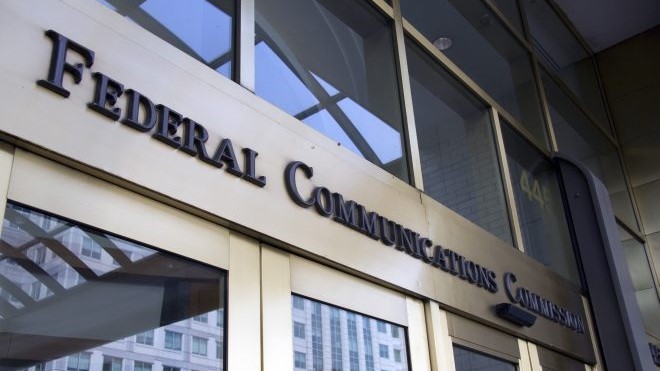
FCC Proposes Relaxing Ownership Rules for Broadcasters to Deliver Internet Services
Commission to vote in June on using ATSC 3.0 for new service
 www.tvtechnology.com
www.tvtechnology.com

 www.tvtechnology.com
www.tvtechnology.com
Streaming services are not new...they have been well proven...networks are just late to the partyUnless they're planning on implementing multicast, it would take a bit more than a whole frequency to provide "broadband" inbound speeds to a single customer.
Where do they expect the customer to get their outbound bandwidth?
As the article points out, this is all a ploy to allow the broadcasters to get around anti-monopoly rules.
You're missing the point.Streaming services are not new...they have been well proven...networks are just late to the party
The real loser will be the local station owners...mostly conglomerate's now...in 20 years or so OTA tv broadcasting will cease and networks will be like any other cable or streaming channel...might have local personslized streams by then or maybe some whole new technolgy that hasn't emerged yet...smartphones were unknown in 2000...eventually something will replace them..You're missing the point.
Here we're talking about live streaming channels instead of "broadcasting" them because there aren't station ownership restrictions on streaming. The end result for those who possess NextGen capable TVs is the same but the anti-trust rules are out the window because they don't (yet) apply to "streaming" services. How can they broadcast a signal that carries multicast TV channels and not be broadcasters?
There is a different form of shenanigans (in favor of the broadcasters) going on in the audio broadcast business: the broadcasters can push out radio streams on the Internet and not have to pay the same royalties that the streaming services have to pay.
I don't think you could be more wrong. It seems likely that the mom and pops would be able ask whatever price they wanted -- something they can't do as long as the anti-monopoly rules are making such acquisitions difficult.The real loser will be the local station owners...mostly conglomerate's now.
Another party that seems to have been bamboozled into believing that one TV station could provide two-way broadband service (25Mbps down, 3Mbps up by FCC definition) to more than one customer at a time using some fraction of their 6MHz channel.Could be good or bad depending on how it all plays out.

